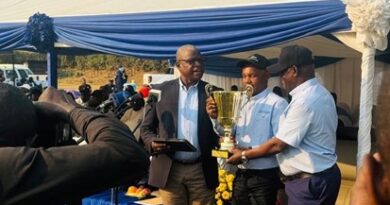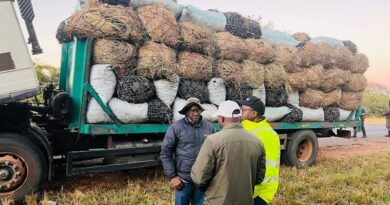Crowded Presidential Race in DR Congo as 24 Candidates Declare Candidacy
The Democratic Republic of Congo’s electoral commission, CENI, announced on Sunday that 24 candidates, including incumbent President Felix Tshisekedi, have officially declared their intentions to run for the presidency in the upcoming December election. This announcement came on the deadline day for candidate submissions.
The candidate pool comprises a diverse range of contenders, including old rivals, first-time aspirants, and previously marginalized presidential hopefuls. The crowded field has raised concerns about the opposition vote splitting, potentially bolstering President Tshisekedi’s chances of securing a second term.
CENI released the profiles of all 24 candidates on the social media platform X (formerly known as Twitter), and the final list will be officially confirmed by the constitutional court in the coming weeks.
Efforts are underway among some of the candidates to explore possibilities of uniting behind a common opposition figure. However, political analyst Tresor Kibangula, from the Ebuteli Research Institute, noted the challenges of achieving a consensus due to some candidates’ concerns about their political survival.
With less than three months until the presidential and legislative elections, international allies, including the United States, and human rights organizations have accused Congolese authorities of cracking down on dissent and freedom of expression. The presidency has denied these allegations.
The transparency of the electoral process itself has also come under scrutiny, with Congo’s influential Catholic and Protestant churches, which traditionally contribute thousands of election observers, expressing concerns.
The European Union has been invited to send an observer mission, but discussions are ongoing, contingent on specific conditions set by Congolese authorities.
All opposition candidates have voiced apprehensions about the potential for electoral fraud, including Nobel Prize-winning gynecologist Denis Mukwege, who is running for the first time, and Martin Fayulu, who came second to Tshisekedi in the 2018 election and contested the result in court.
CENI maintains that preparations for the vote are proceeding as planned and has rejected allegations of irregularities related to the electoral roll, an issue that sparked violent anti-government protests in May.
Analyst Tresor Kibangula has cautioned that the handling of the electoral roll dispute and the shrinking political space may lead to result disputes and even electoral violence.
Further political unrest would exacerbate the challenges facing the mineral-rich nation, which is already grappling with numerous armed groups and a rebellion in eastern regions.
This story has been adopted from SABC News.



